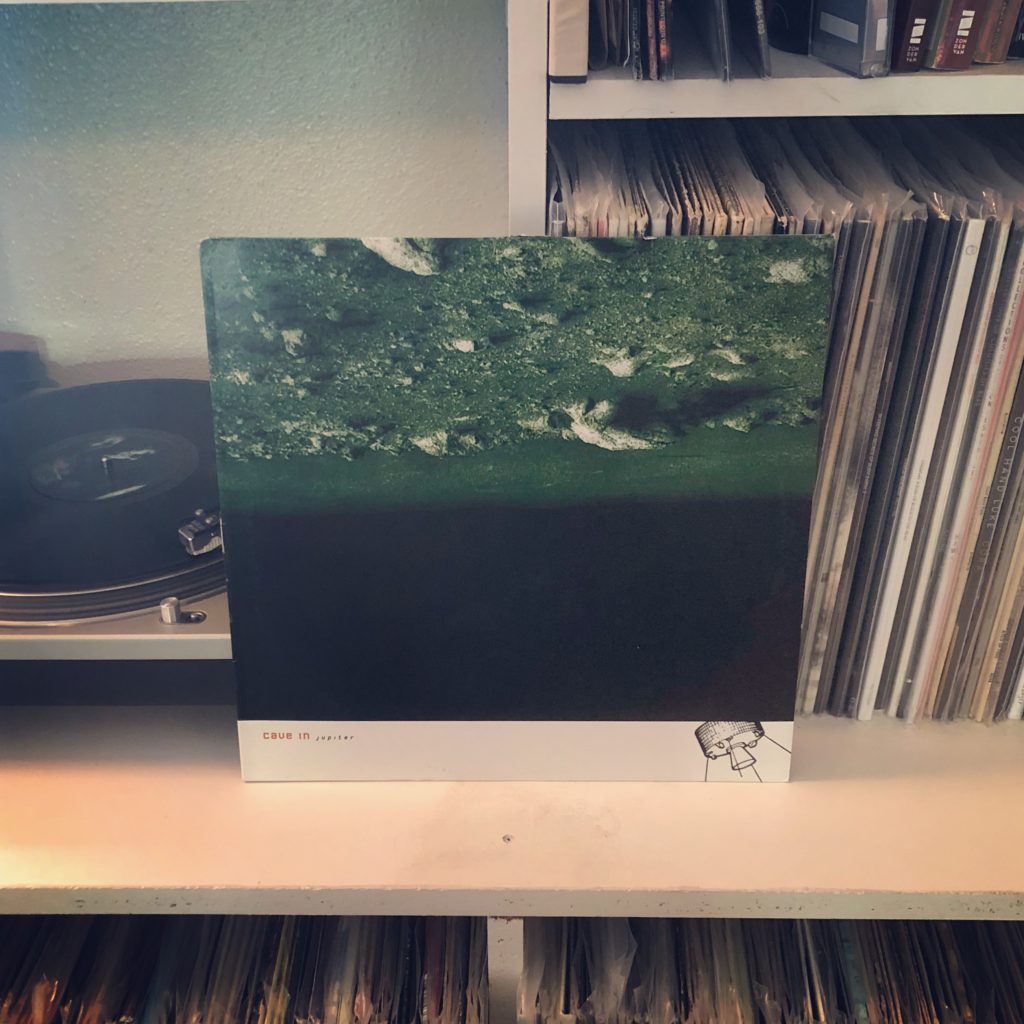
In all of my examinations of the nerdiest aspects of music critique, I have never found a band with a more convoluted creative arc than Cave In.
I was first exposed to the group a few years ago when I picked up White Silence in a lot of records that I bought to flip. It was an angular, abrasive piece of experimental metalcore that I was not into at all. I dismissed them as a band I just wasn’t into, and that was that.
Then a few weeks ago, a friend recommended Antenna, their major label breakthrough that blended alternative metal and space rock to make something that my friend described as “Deftones meets Sunny Day Real Estate.” After hearing the contrast, I delved deep into their discography to try to figure out what exactly happened.
The Massachusetts outfit started out playing blistering metalcore in the vein of Coalesce and Botch, going through a number of lineup changes while they did so.
After a compilation of early tracks and a fiery studio record, the group released an EP called Creative Eclipses. It was a sudden departure, abandoning much of the hardcore influence in favor of alternative space rock and effects-heavy ambience. At the time, fans wrote the EP off as a one off experiment.
But Jupiter proved that wasn’t the case.
It’s a massively experimental record that takes as much influence from HUM and Radiohead as Iron Maiden and Black Flag. Stephen Brodsky’s vocals are almost all clean, barring a couple climaxing screams here and there.
The songs are long and mercurial, moving in movements rather than verse and choruses. The unfortunately named “Innuendo Out Your Other” patiently builds a gorgeous sonic landscape until swelling into a distorted explosion and collapsing into tape loop noise. “Requiem” is nine minutes long, winding through three or four different codas. The guitars are processed through a massive array of effects pedals, including the famous Boss PS-3, whose shimmering mode 7 contributes a lot to the atmospherics here, as do the occasional synth pulses. There’s even acoustic guitar, as shown in the closing ballad “New Moon,” which ends with a full-on barrage of metal riffage.
But for all of the comparisons to Radiohead that it attracted from critics (both favorably and unfavorably), Jupiter is very much a metal record. “Big Riff” alternates between a punishing metal riff (with some screams!), a poppy alternative hook, and psychedelic atmospherics. “Brain Candle” rides a fast-paced, distorted bassline that could have carried one of their earlier hardcore tracks—if it wasn’t interrupted by such a catchy chorus. “In the Stream of Commerce” isn’t heavy, but it has a few moments that are downright unsettling.
Listening to it in 2018, it’s surprising to realize that this record came out in 2000. While bands like ISIS and Cult of Luna spent the decade redefining what metal could be, Cave In kicked down the door to the new Millennium with a massive statement that tore down the walls around the genre.